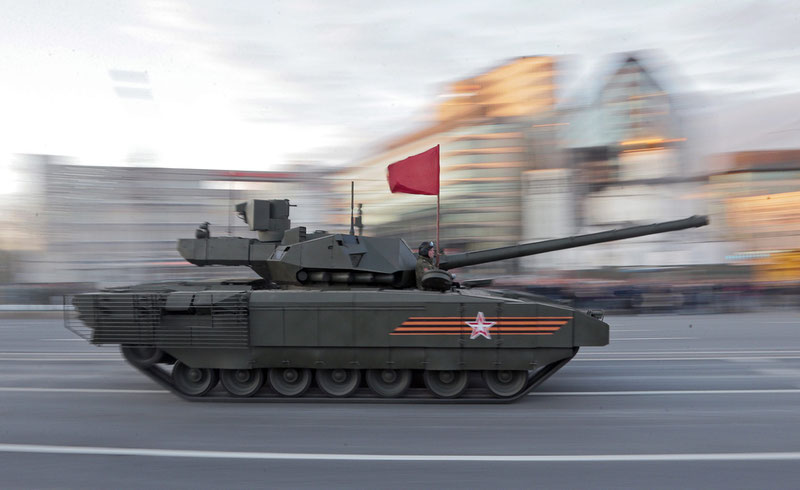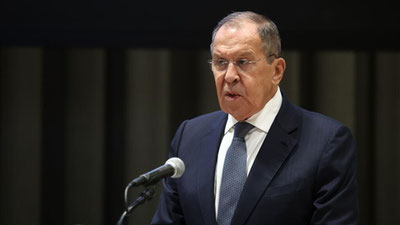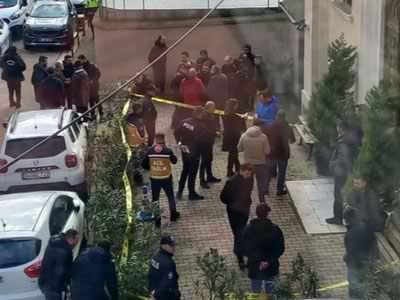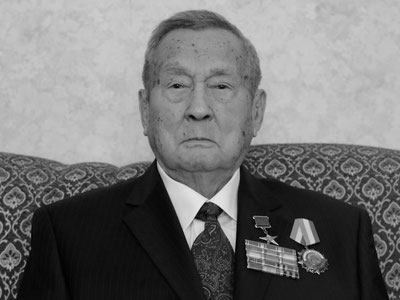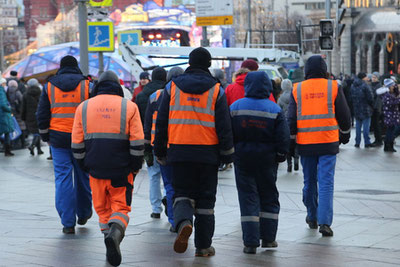In Russia, a new science fiction genre known as “Z literature” is becoming widely popular among the youth. The works written in this genre, especially, are said to be capable of encouraging military service among men aged 18–30.
The name “Z literature” refers to the letter “Z” which has become a symbol of support for Russia's war in Ukraine. Most of these genre's works often contain plots known as “popadantsy,” where modern Russian heroes travel back in time to change Russian history in their favor.
According to Colin Alexander, a senior lecturer in political communications at Nottingham Trent University, such works could be aimed at recruiting young people into military service. He suggests that, during wartime, every country uses various propaganda strategies to attract the youth to military service.
In the works of “Z literature,” Russian heroes are depicted as highly virtuous, while foreigners are portrayed as evil. For example, in Nikolay Marchuk's work “The Crimean Boiler,” Ukrainians are depicted as Nazis. Mikhail Mikheev's work “A White Z in Old Armor” shows a Russian agent entering Ukraine and capturing a Western spy.
According to Nicholas O'Shaughnessy, Visiting Professor of Communications at the University of London, even though these works are created outside of state propaganda, their content aligns with the official stance of the Kremlin. He mentions that these works exclusively credit Russians with the victory in World War II and demean other nationalities.
Yaroslava Barbieri, a researcher at the University of Birmingham, believes that the youth reading these works might become soldiers within five years. She emphasizes that the Kremlin is not trying to reduce aggression but rather to enhance it.
In Russia, healthy men aged 18–30 are required to serve one year of military service. Although the law states that conscripts should not be sent to the front, there are reports of them signing combat contracts under pressure.
